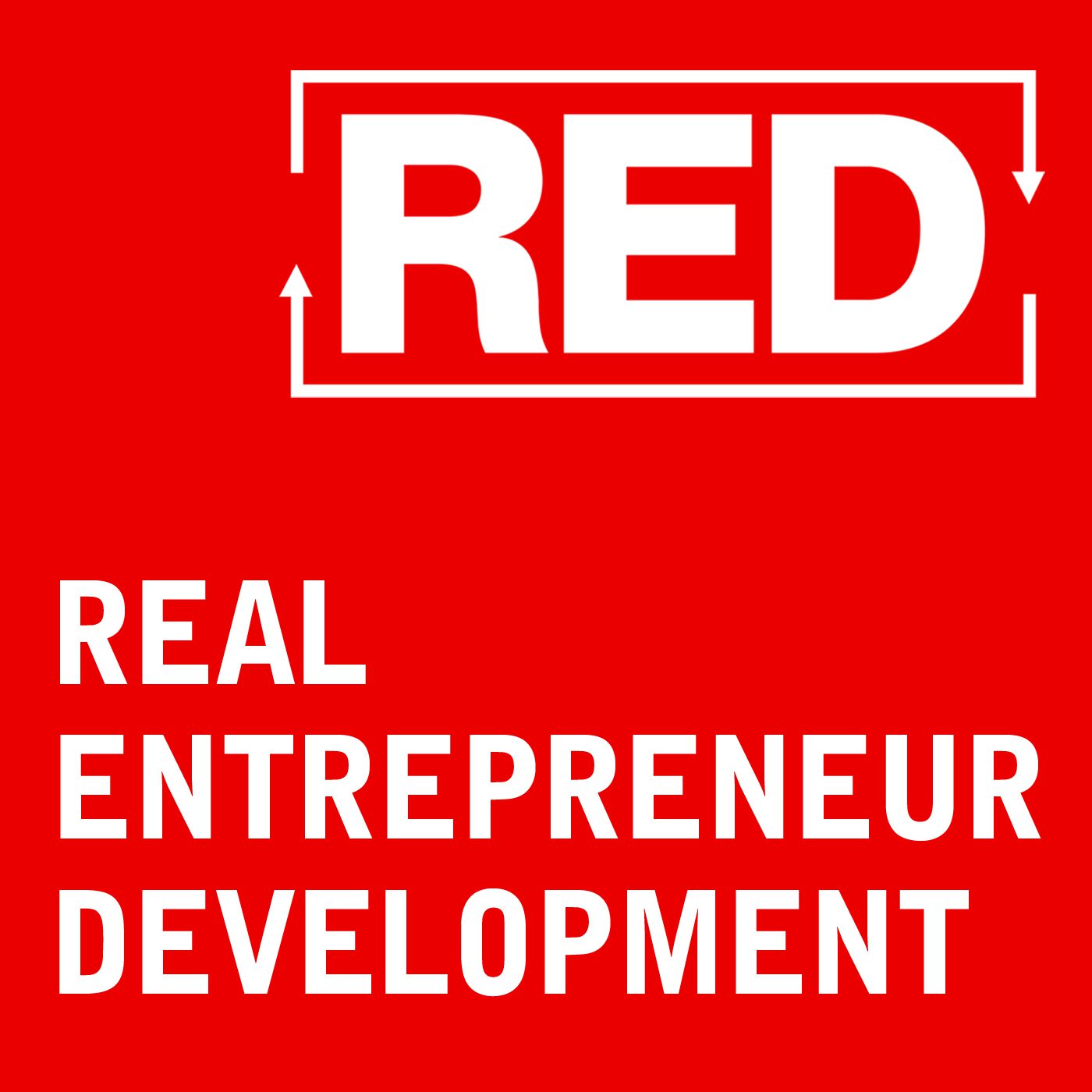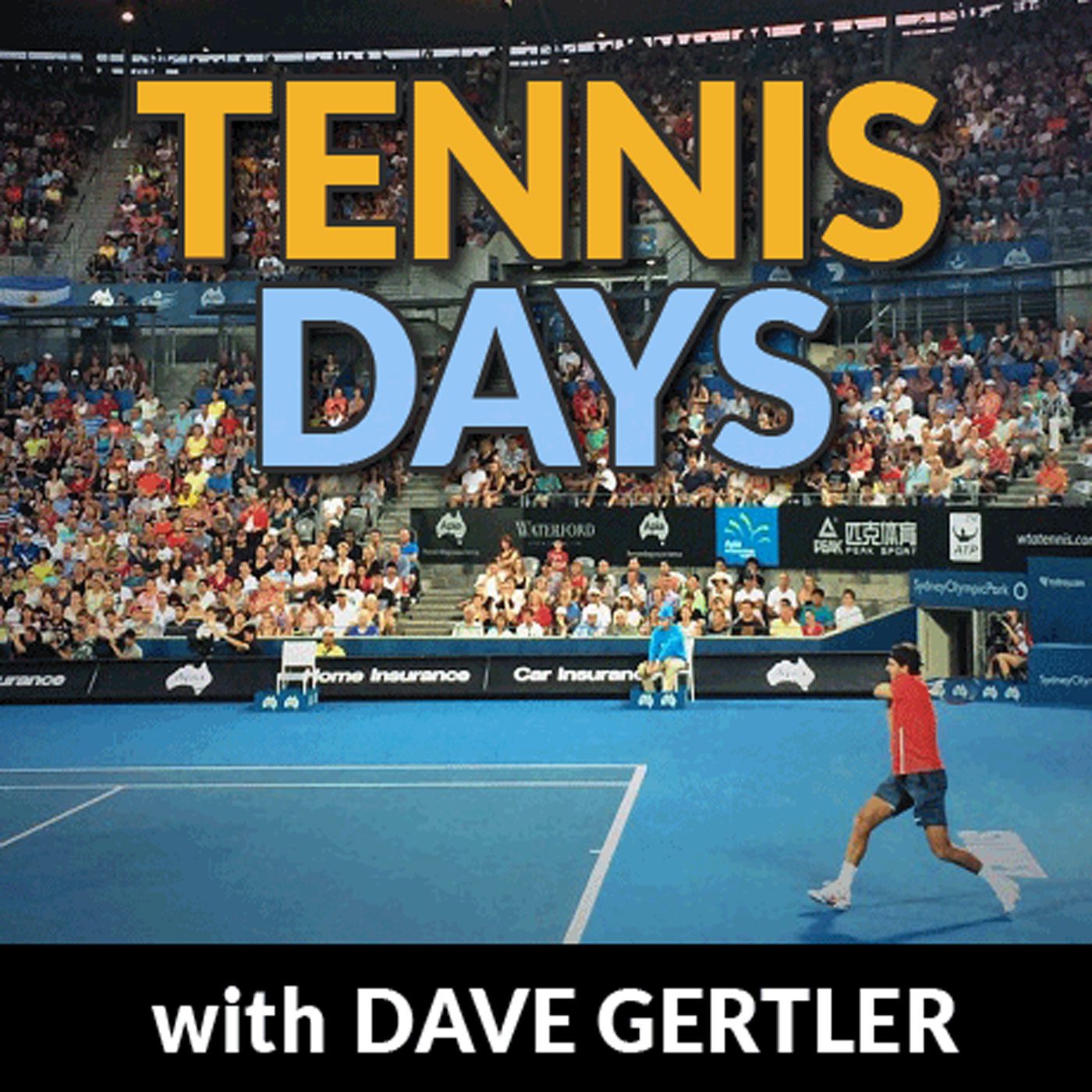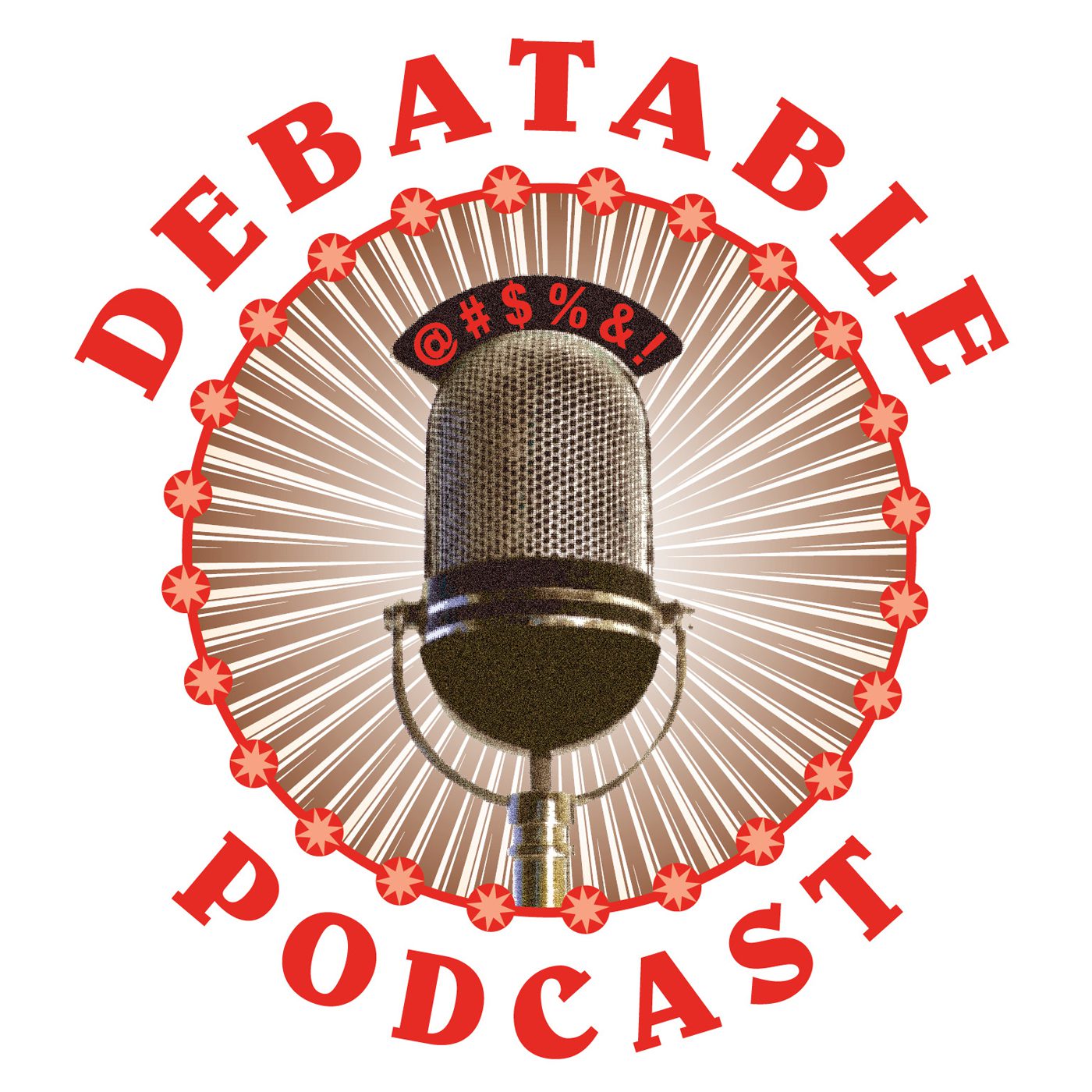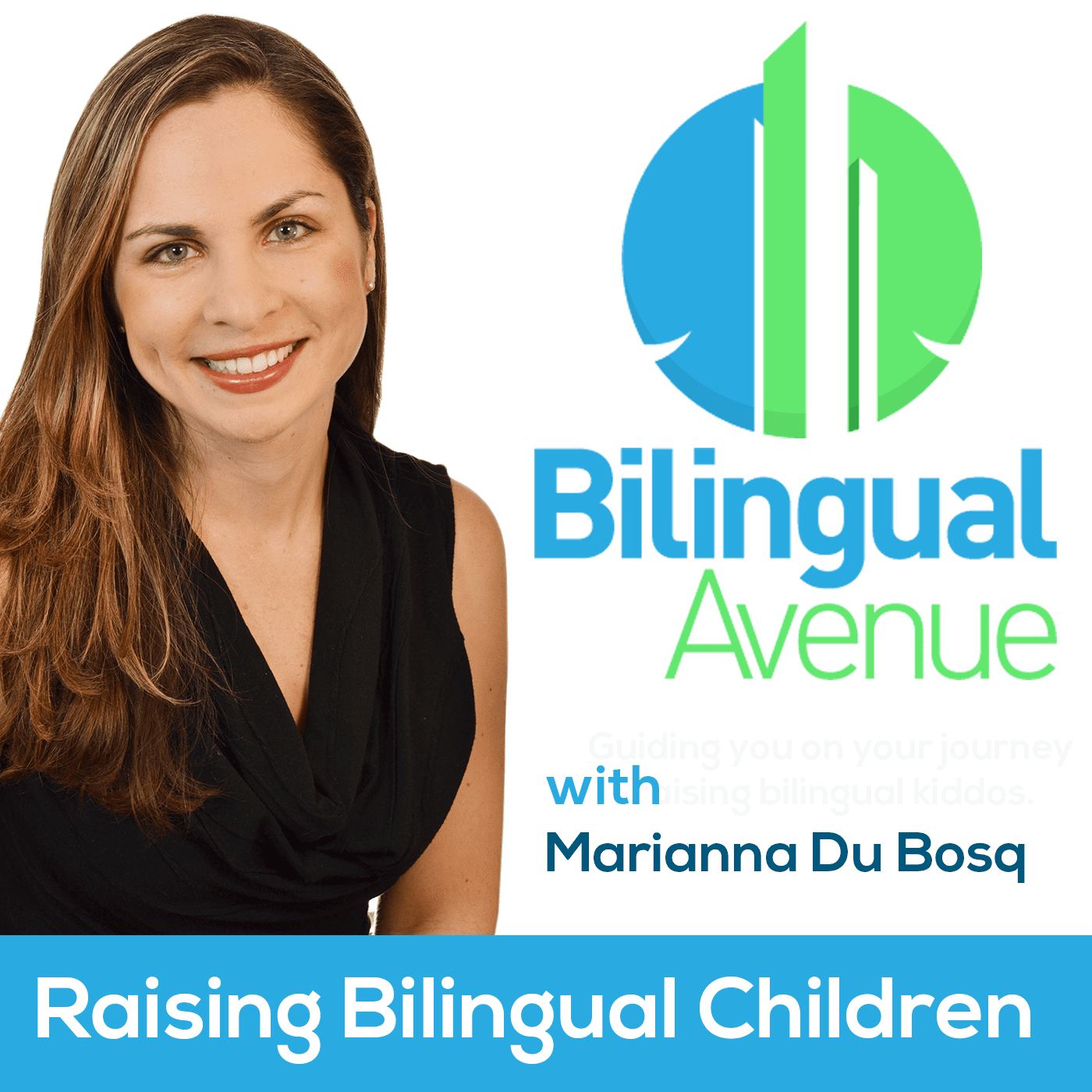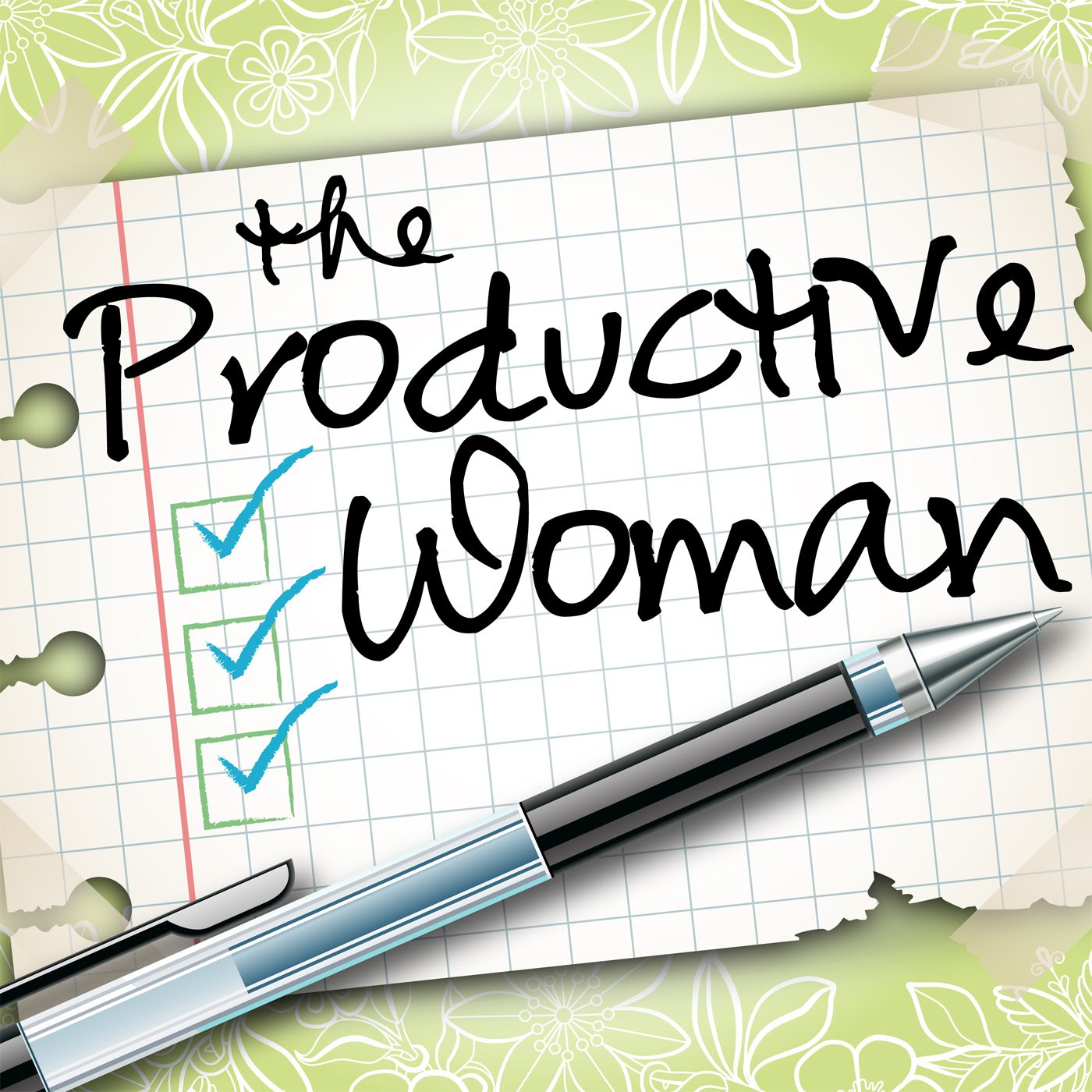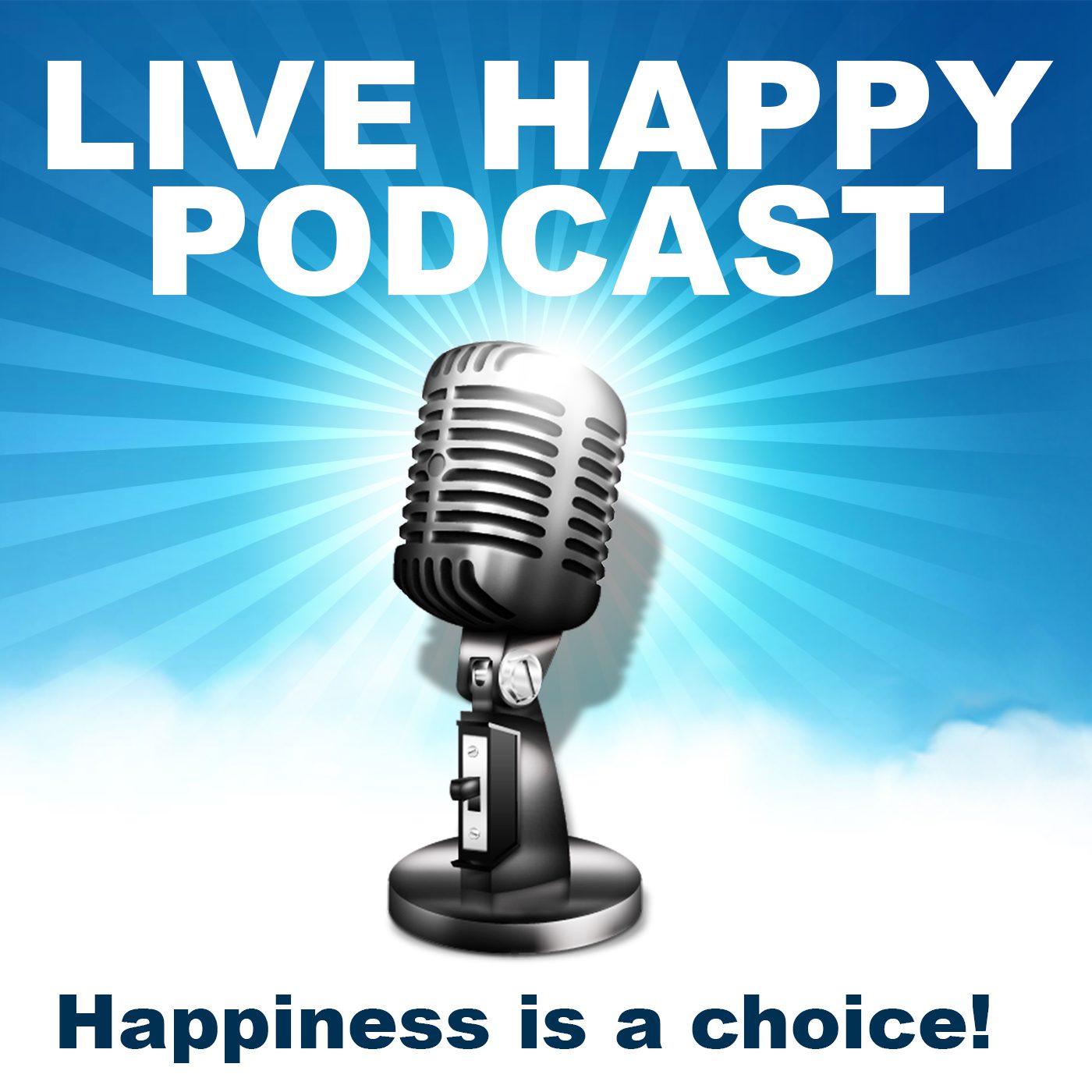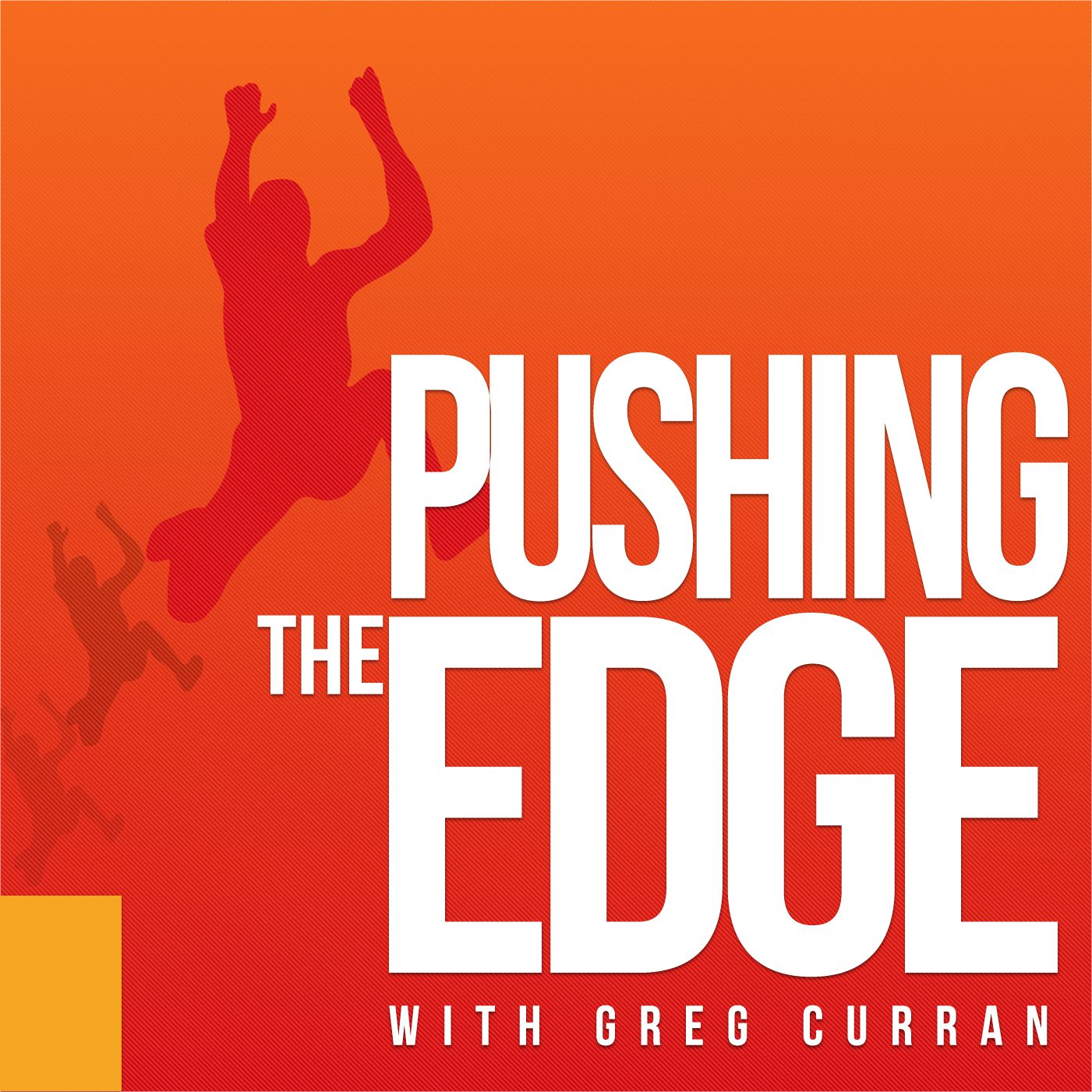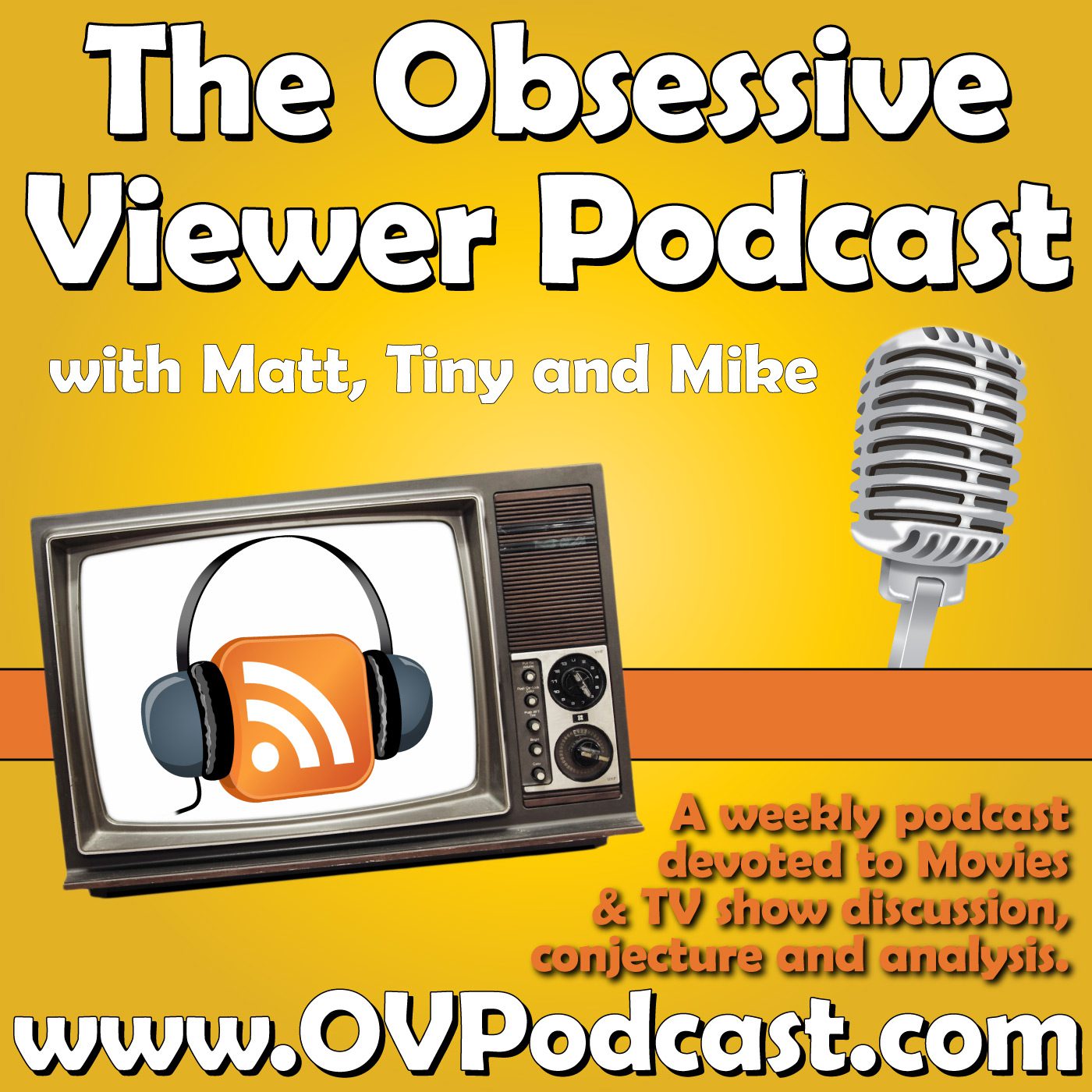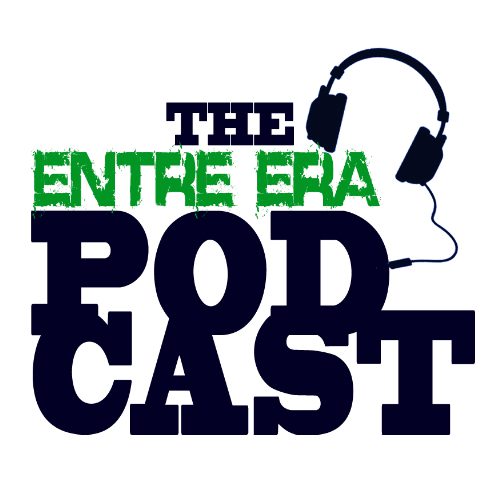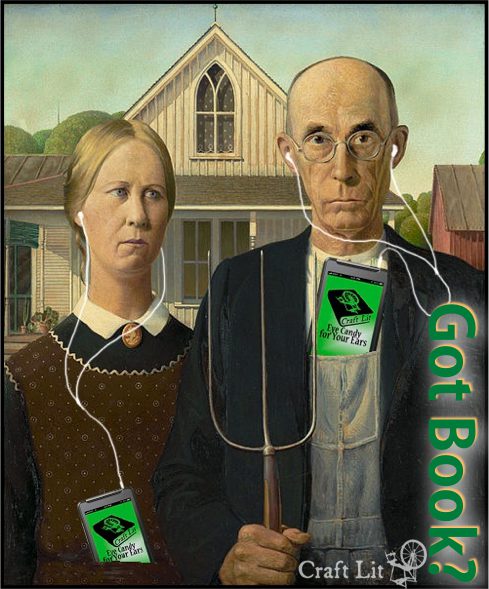This is the second installment of an ongoing collaborative blog series featuring podcasters and their insights.
We’ve found that the more we can connect and share our knowledge about podcasting, the more the medium shines and the more we can catapult podcasting into the spotlight.
Our first post all about the hardest podcasting related thing to overcome in 2014 was a big hit. You should definitely check it out.
How do you keep podcasting?
Quality, impact, audience engagement, time investments, research, workflow, courage and integrity – and that’s just the start of it.
Below is some of the best advice that you’ll get about podcasting, from those that are in the trenches.
It’s the kind of real advice that is far more valuable than any podcast course you could buy.
Bookmark this, and come on back for the wisdom when you’re feeling the podcast blues 😀
Essential Podcasting Advice From Podcasters
[box size=”large” style=”rounded”]
GRANT BACIOCCO from Saturday Morning Media’s The Uncle Interloper Show
The biggest lesson I learned this year is that it is much harder to be heard in 2014 than it was in 2004.
Everybody and their brother has a podcast now and the number of podcast is only growing larger every day.
It’s harder than ever before to get your content to your audience just because of the shear amount of noise coming at them.
Back in the ‘early days’ of podcasting, it seemed easier to find your audience.
[/box]
[box size=”large” style=”rounded”]
AMANDA COOK from the WellpreneurOnline Podcast
No guest too big – just ask! The worst they can say is ‘no’.
Just be yourself and let your personality shine through.
A good audio editor is solid gold!
You can outsource a lot of podcast activities – from audio editing to preparing show notes to writing promotional tweets.
Try it!
[/box]
[box size=”large” style=”rounded”]
DAVID HOOPER from RED – Real Entrepreneur Development
- Want more listeners? If you can create great content on a regular basis, you’ll be ahead of the pack when it comes to downloads and subscribers. Listeners don’t want content when you feel like creating it, they want content when they feel like hearing it.
- If you want quality listeners, you need to do something different than what everybody else is doing. Stay away from the “usual suspects” when it comes to doing interviews. They do interviews with EVERYBODY, so you’re not going to get a big credibility boost or jump in traffic. Plus, you’re likely to end up with the same episode dozens of other people have already created.
- Want longevity and impact? Forget the numbers and iTunes charts. Focus on listeners who are really into what you’re doing and speak to them – not to the lowest common denominator listeners who may be good for a few downloads, but won’t stick around long.
- If you want the respect of your audience (or any audience at all), you must respect them. Stop talking about yourself and focus on the subject of your podcast. Nobody cares what you ate for breakfast.
- Nobody will listen to what you’re saying if you don’t record it in a way that sounds good and is easy to listen to. It doesn’t take a lot of money and the time ot takes to do a show is the same. At the very minimum, get an ATR–2100 by Audio Technica for $50 and use Audacity for free. If you’re not willing to invest $50 in your podcast, why should a listener invest his time listening to it?
[/box]
[box size=”large” style=”rounded”]
DAVID GERTLER from the Tennis Days Podcast
I learned that having a good co-host is a massive, massive help, and makes my podcast much, much more interesting to listen to.
I’ve learned to research and plan out my own points, so I come in as prepared as I possibly can.
I’ve gotten a bit better at not rushing the editing process, so the turnaround for a good episode can take up to a week between recording and release.
I’ve learned over and over again how my strength is providing the listeners with great content as the main feature of the podcast, rather than relying on improvising and being charismatic.
[/box]
[box size=”large” style=”rounded”]
GREG SAHADACHNY from The Debatable Podcast
- Always make time to record. Don’t come up with excuses to keep putting it off. This is double-sided; it can be a chore to schedule guests and get your topics researched, but, if you’re like me, you feel empty and even depressed when you keep putting off you’re show.
- Share editing tasks, if you have a co-host. With the new show I started with a friend, there’s no way I could juggle my original show and my job without him coming in to share the workload.
- Create reasonable deadlines, but DO IT. Since we’re often making podcasts because we’re passionate about them, and they’re usually free products, it’s easy to fall into the motto “it’ll get done when it’s done.” This isn’t making your show “worthy” in my opinion. Hold yourself to an actual weekly release schedule, or hold yourself to a written-in-stone deadline. Your listeners will grow, especially knowing that you have a typical premiere day. Plus, it makes you look professional, and not just an amateur.
- Do the research. Don’t come off like an idiot. If you are interviewing someone big, research their career, opinions, social media presence. Even if it doesn’t come up in the talk, you have that background to inform a more relaxed conversation.
- Make a blueprint. Just like with #4, it doesn’t have to be followed strictly. But if you have topics and questions you want to ask, it makes for less time you have to fumble segueing to new segments. Plus, the thing you SHOULD dread the most is speed bump, awkward silence because you don’t know where to go with a conversation.
[/box]
[box size=”large” style=”rounded”]
D LOUIS MARTIN from Science Fiction Film Podcast
- Content is king. But what does that mean? Simply put, you have to devote a ton of time, work, and effort to your show. It has to be something you think about all the time. Brainstorm. Kick ideas around, and continue to learn as much as possible.
- Maintain your vision. A lot of people are going to tell you what they think you should do. If you don’t know what to do… listen to them. If you have a vision. If you have an instinct for what you want to do – do that. It’s the only way to be authentic.
- Be you. Don’t try to be anyone other than yourself. Plenty of us do that for 8 hours a day already. Be you. Don’t try to be a brand that you think people want. Be your own brand, and you will at least be happy. That happiness will really come through in your work. That state of mind is contagious. If you’re fake – the listeners will sniff you out in a heartbeat.
- Engage your audience. Talk to your listeners. Ask them their opinions. Share their opinions. Talk to them. Make sure they know that you know – that they matter. If you don’t think they do… you should quit.
- Be part of the podcasting community. Get out there and meet people – virtually or otherwise. Learn from other people who know more than you. Help other people who know less than you. Forget about all that competition crap. The best people will rise to the top. Believe in yourself.
[/box]
[box size=”large” style=”rounded”]
MARIANNA DU BOSQ from Bilingual Avenue
- The work associated with producing an episode takes about three times longer than I originally expected. There is just a lot of behind the scenes work that goes into each episode including planning the episode, recording, doing all the audio editing, publishing the including uploading to Libsyn, advertising through social media and other mediums, etc.
- I did not realize before I started just HOW fulfilling it would be to podcast and connect with others. It also has been a really rewarding experience! Every time I hear from a listener that they enjoy the episode or have found a particular piece of information useful, it truly makes me so happy! It makes all the hard work worth it’s just an amazing feeling.
- People generally want to help! I was so hesitant at first to invite people to be interviewed on my blog, especially the bigger names. I was pleasantly surprised that almost everyone was eager to help! I have yet to have anyone declined. I have had a few people say they would like to schedule it at a later date but never decline. I strongly encourage others to ask those that they think can bring value to their listeners and interview them!
[/box]
[box size=”large” style=”rounded”]
LAURA McCLELLAN from The Productive Woman
- If you want to do it, just do it. Get started, instead of waiting for the perfect idea and the perfect gear and the perfect time. Just record an episode and put it out there, and commit to learning as you go and trying to make each episode a little better (in terms of content and/or quality) than the ones that came before it.
- You can make a difference in someone’s life without even knowing it. I don’t get many comments on my show notes, nor have I received many reviews in iTunes, but I’ve received a few emails from listeners (not my mother, but people I’ve never met!) that brought me to tears and let me know I was doing something worthwhile.
- There’s a GREAT community of podcasters out there who are so generous and supportive. Any question I’ve had, somebody’s jumped in to answer. And I am so grateful for that.
[/box]
[box size=”large” style=”rounded”]
PATRICK KELLER from The Big Séance Podcast
I can think of 4 major lessons I’ve learned from staring my podcast this year.
- Trust your gut and be yourself. I spent a lot of time this year worrying about what people would like or wouldn’t like, how I would sound, what other podcasters do, what others think I should do, and all that blah blah blah. When my confidence began to arrive, I was able to let my creativity flow more, and I did what I wanted to do, and I did it without much hesitation. There are definitely wise choices, but there are no rules.
- Balancing having a life and editing. This is an ongoing lesson. I’m a big editor with my podcasts. I’m talking down to the breaths, every “um”, every click, and anything that makes me or my guest sound dorky. It doesn’t help that I’ve been complimented by many of my interviewees that my editing and production quality is great. So now I feel the pressure to stick with what I’ve been doing… which is many (sometimes 5 or more) hours spent on editing and processing audio for an episode. I’m trying to cut that down and let some things go. If I can do this better, perhaps I can get back to the point where I can release episodes weekly again, rather than every other week, which I just recently began. Spending more time with the family has been nice.
- Fortunately, I’ve learned to take advantage of the connections I’ve been racking up rather quickly. Keep track of who they are, guest recommendations made by listeners or interviewees, etc. I feel like I’ve made some really good trusted friends and resources in only a few months, which has led me to other resources. Don’t forget to contact every author of every book you’ve read on the topic of your podcast! Maybe they’ll get back with you and maybe they won’t. But… you may be surprised with your biggest guest yet!
- Listen to a lot of podcasts! There are so many out there, and so much creativity to learn from. Also, I feel like I’ve gotten a degree in podcasting from simply listening to Rob and Elsie, Daniel J. Lewis, Dave Jackson, Erik K. Johnson, and Ray Ortega. The only problem is, I found them after I started. They don’t know it, but along with Jim, they’ve been my professors.
[/box]
[box size=”large” style=”rounded”]
JODY PETRONELLA from The Live Happy Podcast
I am learning that just because you are a professional trainer of any sort, and can speak well in front of a live group that the skill and confidence doesn’t necessarily translate directly to confidence and presence in front of a microphone!
Watching the waveform march along on the computer screen seems to add an urgency that had me a little freaked out!
[/box]
[box size=”large” style=”rounded”]
DONNA PAPACOSTA from Trafcom News Podcast
Consistency is key.
People still need to be educated about podcasting, what it is, how it can help communications, etc.
We truly are in the Golden Age of Podcasting right now.
[/box]
[box size=”large” style=”rounded”]
JOHN CORNELISON from Snarky Movie Reviews by Nantan Lupan @ the Drive-In
Similar to question 1 I have learned the most about improving audio quality. Learning to take the time to go back and clean the audio was an important lesson and the reader doesn’t have to deal with the sound of breathing or bumped tables.
Another lesson that I have learned is that the public doesn’t bite (not much anyway). I am much more conformable putting my content out or giving business cards to strangers. I know a certain segment of population will enjoy my podcast but it is up to me to find them.
This year I have learned the important of quiet time. Living with my wife, two kids in college, two cats, and two dogs I didn’t understand how important quiet time to record was to find. All of us have made adjustments and when I get the opportunity to record I don’t dawdle.
[/box]
[box size=”large” style=”rounded”]
PILAR ORTI from 21st Century Work Life
- Perfection just takes too long. Removing every single uhm, err and mouth noise and getting a completely clean track is just too hard. If the content is good and the audience likes you, they’ll stick with it.
- The more I am myself, the better the episode! Self-censorship just does not work in podcasting.
- Podcasting is weird, I’ve met people for the first time for the interview, and we’ve broadcast our first encounter. Meeting people with an audience! But what a great way to meet them…
[/box]
[box size=”large” style=”rounded”]
DARRYL WATTENBERG from GeoGearHeads
As much as I like producing the shows, it really has always been about the audience. Getting the audience involved has been a difficult task, but using a weekly question (trivia or poll) has been a terrific means build that interaction.
- Do not use an auto-responder or automated forms if possible. Read and reply to the messages and you’ll find that the audience becomes far more engaged. Tools like the automated forms are handy and probably worth looking at for larger volumes but don’t build the interaction between the audience and hosts.
- Work with the vendors selling to your audience. Getting $10 gift codes is really easy. The selling point to the vendor can be that the winner will usually spend more than the face value of the code, and if they don’t use it there’s no cost to the vendor. For you it means there’s no mailing costs. To the winner it’s free money towards something they’d use.
- Mixing up the format of the questions has helped. The audience of the GeoGearHeads loves the interesting trivia questions we’ve dug up and learned through their research. We’ve asked for feedback on coming topics (and even about the show itself) and received some terrific feedback that way. By switching up the those questions we’ve had better luck than sticking with just the trivia or just questions for the next show.
[/box]
[box size=”large” style=”rounded”]
GREG CURRAN from Pushing The Edge with Greg Curran
- The importance of real-life stories. My podcast focuses on educators who take risks and step outside their comfort zones. My listeners continue to tell me that the parts (of the podcasts) that most resonate are the guests’ tales or experiences of everyday life.
- The importance of building community and not getting too pre-occupied with numbers. I’ve made an effort to really engage with my audience, getting to know them primarily through Twitter (I’m @Innov8rEduc8r on Twitter). So much so that overtime I’ve built an amazingly supportive Personal Learning Network. They’re a really solid foundation for me and the show.
- Run with your passions and strengths. The podcasts that most resonate me have hosts that ooze passion – that love what they’re talking about. It can be so easy to doubt yourself – wondering who you should be on your podcast. I’ve learnt that I’m at my best when I’m truly myself – talking about the issues and ideas that matter most to me and my audience.
[/box]
[box size=”large” style=”rounded”]
MATT HURT from The Obsessive Viewer
- Back-up your recordings!We use an Alesis Multimix 8 USB. We’ve experienced problems with the recording coming out choppy, possibly due to a faulty USB outlet on my laptop.
- There’s such a thing as “too personal”I was talking to my cohosts about a breakup I suddenly found myself going through. We decided to change up our topic for the week and discuss “Favorite Break-up Movies.” We recorded it & I couldn’t bring myself to edit because that whole week was just a downer and I didn’t want to focus any more attention on the reason I was feeling down.
- Performing on-stage is different.We did a convention! It was an incredible experience and allowed us to network with a lot of great people in our area with the same hobbies and interests. We recorded on-stage at the convention with one of the guests. It was exciting and nerve-wracking but overall exhilarating.
- Clarity in topics is important.We recorded an episode about TV Guest Spots but didn’t discuss it much beforehand. It’s my least favorite episode we’ve done because I didn’t articulate my definition of the topic well enough when I presented it to my cohosts.
[/box]
[box size=”large” style=”rounded”]
CHRIS ROBERTS from The Entre Era
- Build a fan base one fan at a time. Interact with them as much as possible and listen to their feedback. Why? You can be disheartened with low download numbers to begin with
- Reach out to podcasters who you aspire to build relationships with and maybe have them as a guest on your show. Why? Building a strong networks is key to podcast success
- Don’t over edit, I was obsessed with editing every ‘erm’ out my podcast. Don’t let this bother you, the more natural the better . Why? I believe mistakes make your offering more authentic.
[/box]
[box size=”large” style=”rounded”]
LISA ROWAN from Pop Fashion
Your show is only as strong as your audience.
If we had tons of downloads but no engagement, we wouldn’t have any idea of what our listeners want to hear about and discuss.
Our audience may seem small by conventional standards, but it is so mighty. We have a great time corresponding with our listeners by email and social media.
(That is just one lesson, but it’s a big one.)
[/box]
[box size=”large” style=”rounded”]
HEATHER ORDOVER from Craftlit
- Engaging the audience is easier now and more important now—but also more time consuming.Back in 2006 the only way we could really interact was via shownotes.
(Or – shudder – MySpace.)
Then Ravelry started for knitters (who are really quite tech-y and very much a podcast and online presence) and that provided a great platform for conversation, discussion, and debate.
But.
When Libsyn was able to play nice with Twitter, Facebook, and LinkedIn (not to mention WordPress.org) it opened up a whole new field for easier interaction – especially with Facebook.
I have had to hire a part-time VA to handle some of the “i-need-an-instant-answer” feedback, but for the most part, if a listener emails, it’s still me answering. I’m the Twitter, too.
- Trust begets trust.I try to release a podcast every Friday at 3pm and the Premium show every Saturday at 10am.
Listeners like that and some are truly addicted to that (posting, “Does anyone know if Heather is okay?” on Facebook if there’s no episode by 3:30).
I also know that after doing this for nearly 9 years, listeners are very understanding when disaster strikes.
In fact, when my internet went out for two weeks (long story. Ask Comcast) more than a few banded together on the Ravelry group to find out if I needed modem funding (as opposed to antitrust charges filed against Comcast – because seriously. What competition?) which I thought was very sweet
- Being in an über niche is great—and awful. All at once.No one looks for CraftLit by searching for “Crafting Podcast with Classic Literature.” But word of mouth is how we grow and that when, when people find the podcast, they stay. Forever.
[/box]




